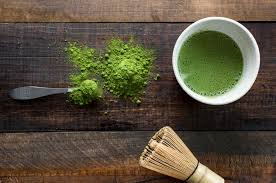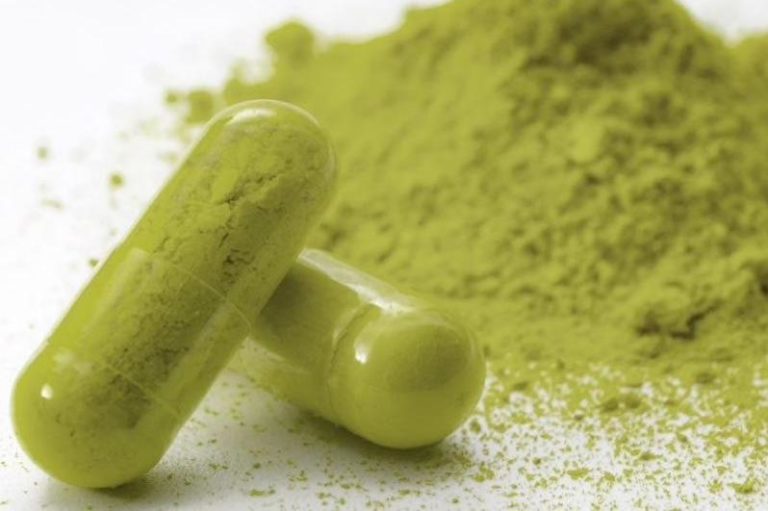Babies May Suffer When Pregnant Women Take Kratom

In the past couple of years, two newborn babies in Buffalo experienced withdrawal as a result of their exposure to kratom in utero.
One was described in a case report by UB physicians, published earlier this month in the Journal of Neonatal-Perinatal Medicine. It was titled “Natural drugs, not so natural effects: neonatal abstinence syndrome secondary to ‘kratom.’”
Kratom is poorly understood
Derived from the coffee plant and traditionally used in parts of Asia at low doses as a stimulant, not unlike caffeine, kratom (the scientific name is mitragyna speciosa) has become increasingly popular as a supposedly “safe” and natural painkiller. Widely available in health food stores, drugstores and even vending machines without a prescription, the effects of kratom on people who take it are poorly understood.
Few studies have been done on its medicinal properties and how it affects chronic users, Chandrasekharan explains. But what is known is a reason for concern. For one thing, the U.S. Drug Enforcement Administration lists kratom as a drug of concern. In addition, the paper describes what the U.S. Food and Drug Administration (FDA) found when it studied kratom using a methodology that predicts biological function based on a compound’s molecular structure.
“The test developed by FDA is known as the Public Health Assessment via Structural Evaluation (PHASE) methodology — a tool to help simulate molecular structure — revealed that 22 of the 25 most prevalent compounds found in kratom can bind to opioid receptors, confirming that kratom acts as an opioid,” Chandrasekharan says.
Babies undergo withdrawal
Based on available reports and evidence, typically babies who withdraw after exposure to maternal kratom use during pregnancy exhibit clinical signs associated with opiate withdrawal, including reduced appetite, jitteriness, sneezing, and excessive crying. And unless multiple medications were used during pregnancy, results of standard urine toxicology screens could come out normal.
In Buffalo, the babies admitted to Oishei Children’s Hospital were treated with morphine and then gradually weaned off until their signs and symptoms subsided. They were monitored for an additional 48 hours for any signs of withdrawal before being discharged home.
“The fact that kratom doesn’t show up in toxicology screens makes taking a careful medical history all that much more important,” Chandrasekharan stresses. “As of now, there are no screening toxicology tests for kratom. The increasing number of reports, including ours, of neonatal withdrawal syndrome after exposure to chronic maternal kratom makes increased awareness of this condition critical for health care providers.”
Read the complete article at UBNow




